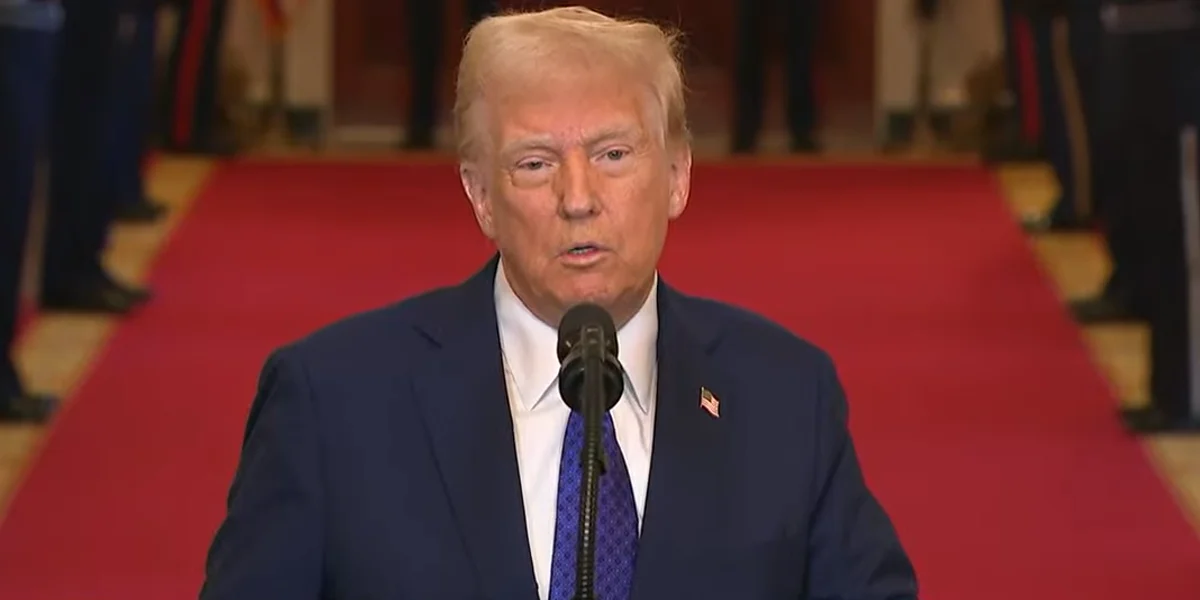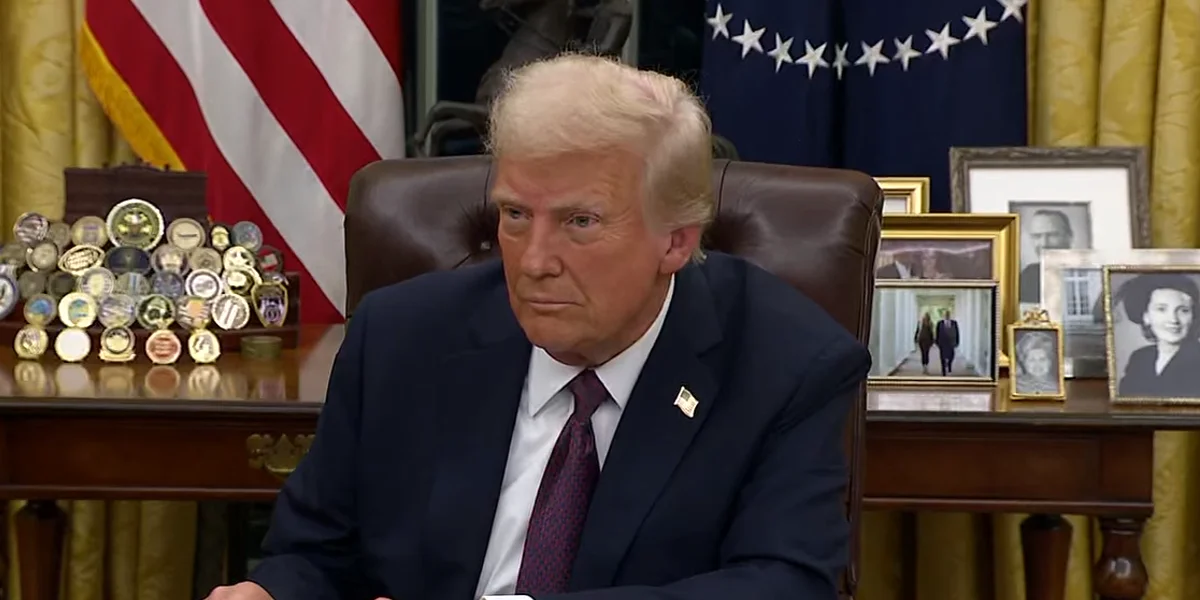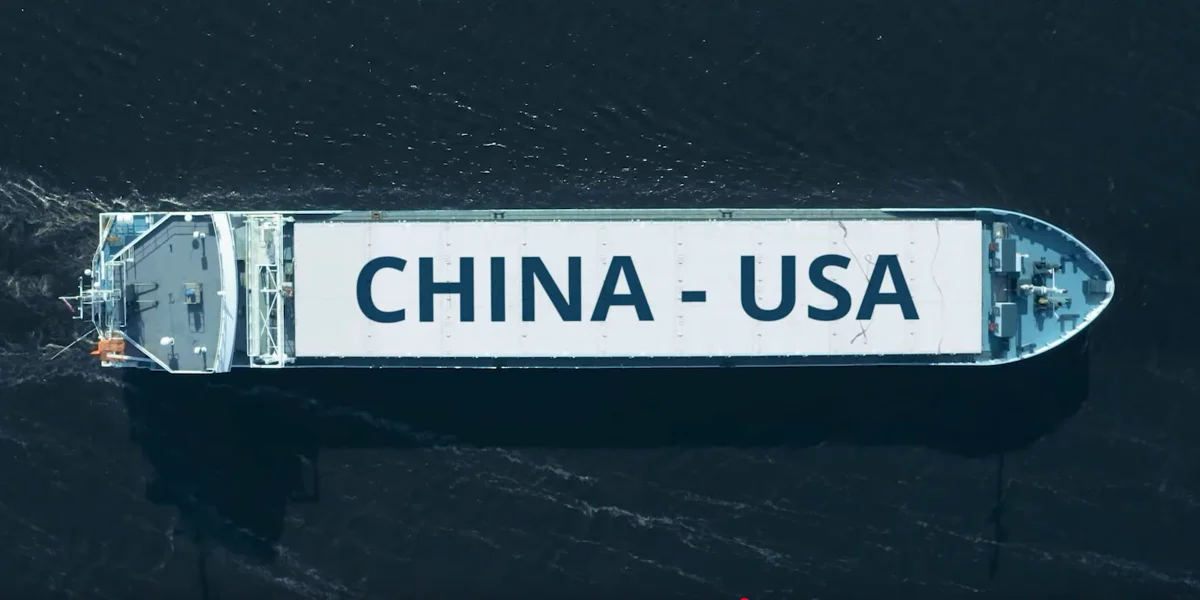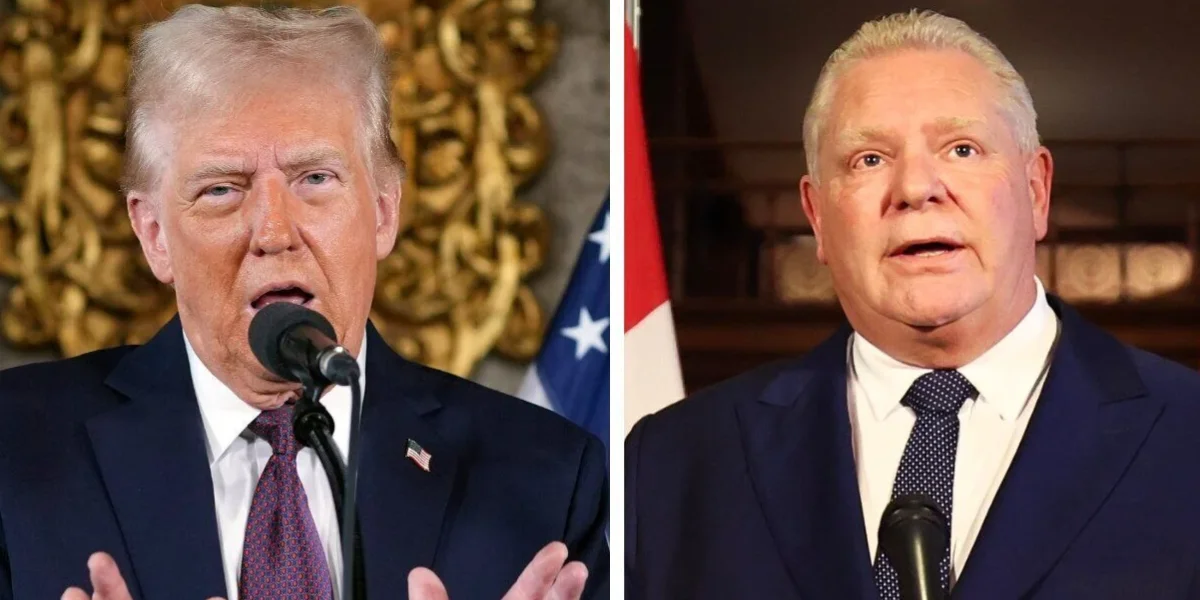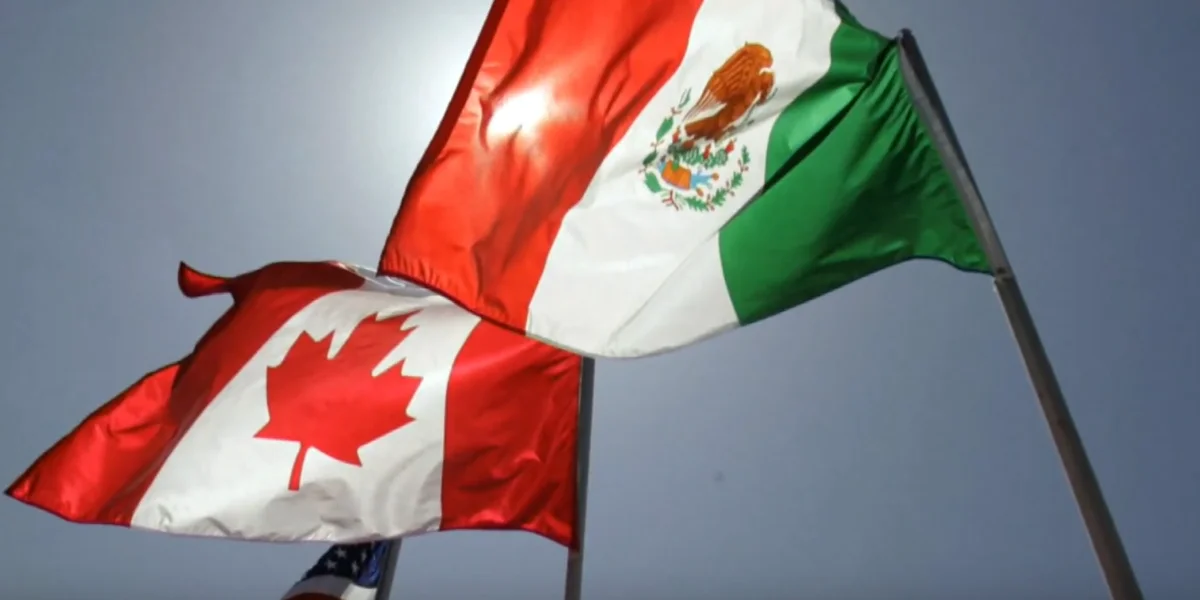Trump exempts phones, computers, and chips from the new tariffs
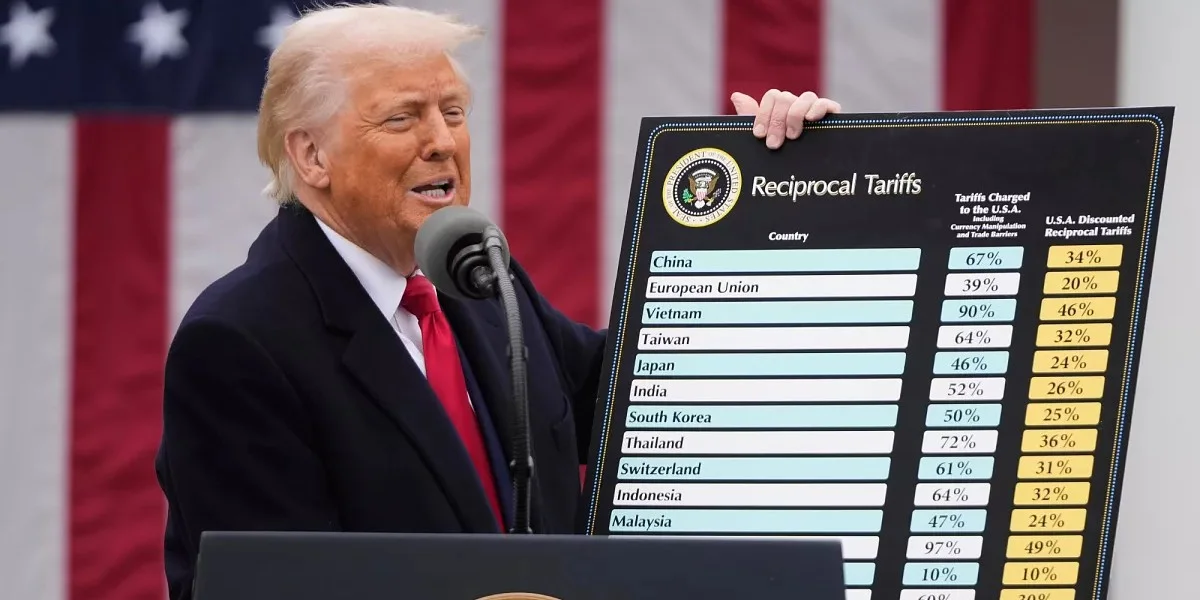
Electronics brought into the United States will be spared from President Donald Trump's reciprocal tariffs, according to a US Customs and Border Protection notification published late Friday.
Smartphones, computer displays, and other electronic components are among the exempted items. The exception applies to items entering the United States or being withdrawn from warehouses as early as April 5, according to the notification.
Other electronic products and components are also excluded under the advice, such as semiconductors, solar cells, flat panel TV displays, flash drives, and memory cards. The White House stated on Saturday that the exclusions were given to provide firms enough time to transfer manufacturing to the United States.
The exemption, which comes after the Trump administration placed a 145% minimum tariff rate on Chinese products imported into the United States on Wednesday, excludes the 20% duty imposed on Chinese goods due to the country's participation in the fentanyl trade. The tax exemption would have a significant impact on technology companies such as Apple, which manufactures iPhones and other items in China.
Wedbush analysts said on Saturday that the tariff exemption was "the best news possible for tech investors."
“Big Tech firms like Apple, Nvidia, Microsoft and the broader tech industry can breathe a huge sigh of relief this weekend into Monday,” Wedbush said in a statement. "A big step forward for US tech to get these exemptions and the most bullish news we could have heard this weekend…now onto the next step in negotiations on the broader China tariff war which will take a number of months at least."
According to White House Deputy Press Secretary Kush Desai, Trump "has made it clear that America cannot rely on China to manufacture critical technologies such as semiconductors, chips, smartphones, and laptops."
“At the direction of the President, these companies are hustling to onshore their manufacturing in the United States as soon as possible,” Desai said.
White House Press Secretary Karoline Leavitt said in a statement on Saturday that Mr. Trump has "made it clear America cannot rely on China to manufacture critical technologies."
"That's why the President has secured trillions of dollars in U.S. investments from the largest tech companies in the world, including Apple, TSMC, and Nvidia," she said. "At the direction of the President, these companies are hustling to onshore their manufacturing in the United States as soon as possible."
Counterpoint Research, which analyzes worldwide smartphone sales, estimates that Apple has up to six weeks of inventory in the United States. Prices were predicted to rise as supply ran out.
On April 4, Nintendo said that it will postpone the US presale deadline for its Switch 2 game device to "assess the potential impact of tariffs and evolving market conditions." According to analysts, the Switch 2 might cost approximately $600 due to tariffs, up from its initial MSRP of $450.
Semiconductors and microchips are among the items that are widely outsourced to Asian companies due to cheaper manufacturing costs. According to the notification issued on Friday, certain electrical parts are now exempt. This might benefit Asian chipmakers like Taiwan Semiconductor Manufacturing Company (TSMC), South Korea's Samsung, and SK Hynix.
“The president has stated that autos, steel, pharmaceuticals, chips and other specific materials will be included in specific tariffs to ensure tariffs are applied fairly and effectively,” a White House official said.
The commodities exempt from Trump's tariffs under the new restrictions are retroactive to shipments that left the warehouse before April 5, 2025. This gives clarity and financial planning for the U.S. shipper, who is responsible for paying the duty after the shipment arrives at US Customs for processing and release many weeks later.

